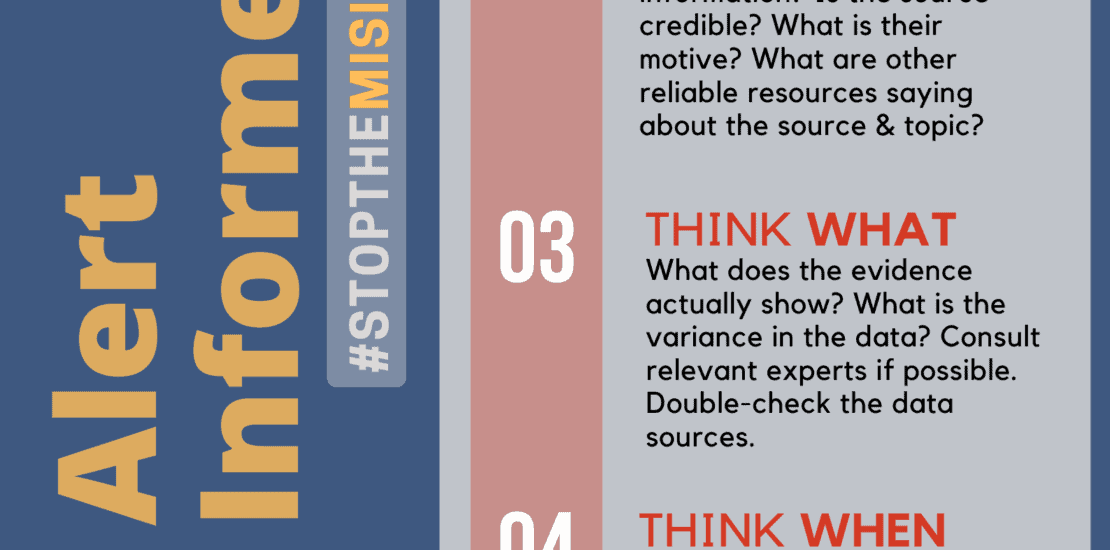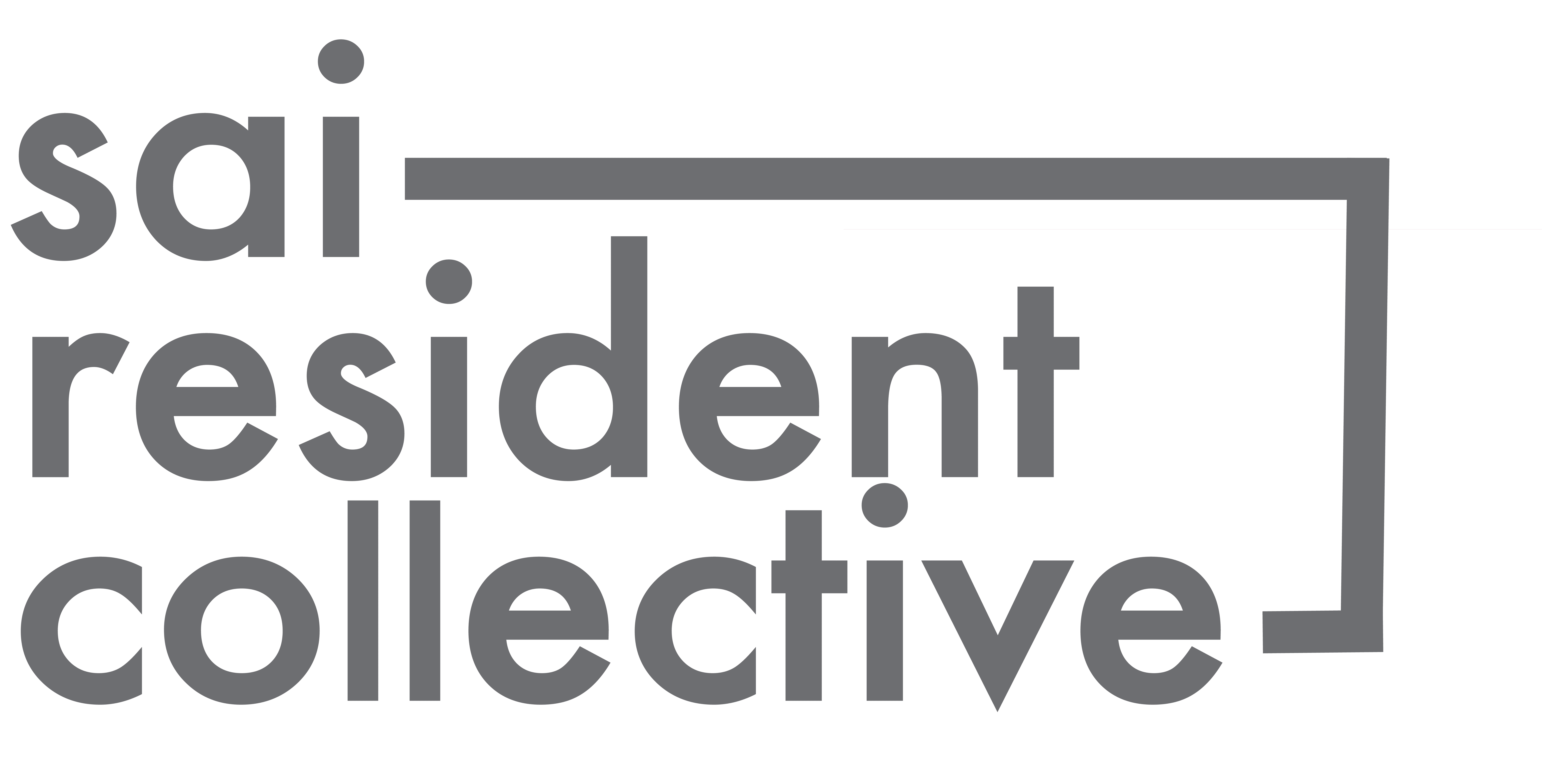- May 24, 2020
- Posted by: Team SAi
- Categories: Advocacy, Development, Tool

By Fanuel Muindi –
In his review of Dr. Atul Gawande’s book titled “The Checklist Manifesto,” Malcolm Gladwell summarized it well by writing the following: “the routine tasks of surgeons have now become so incredibly complicated that mistakes of one kind or another are virtually inevitable: it’s just too easy for an otherwise competent doctor to miss a step, or forget to ask a key question or, in the stress and pressure of the moment, to fail to plan properly for every eventuality. Gawande then visits with pilots and the people who build skyscrapers and comes back with a solution. Experts need checklists–literally–written guides that walk them through the key steps in any complex procedure.”
We are all now bombarded with more information than ever before and it is getting increasingly more difficult to sort through the complexity and speed of information in order to stay informed. The world is currently facing a global pandemic of misinformation about Covid-19 that continues to spread rapidly through multiple mediums. The spread is fast and travels far and as such, it is too easy to miss critical steps in processing that information and forget to ask important questions. Dr. Gawande’s prescription in the book is simple: create a checklist. Checklists are ubiquitous and used extensively for example in aviation, healthcare, construction, and manufacturing. Can a simple science inspired checklist be used to assist society (specifically millennials and GenX) in dealing with infodemics? We think so.
In an effort to assist in the current Covid-19 infodemic, we created a simple checklist called the “Stay Informed Checklist.” The checklist (version 1.8) is a simple 5-step procedure to assist any individual to think through the barrage of information about Covid-19 or other information for that matter. The checklist walks the user through the following five action steps and prompts them with guiding questions:
- STOP: There is always more to the story. What is the context? Read beyond the headlines. Check your biases & assumptions.
- THINK WHO: Who is sharing this information? Is the source credible? What is their motive? What are other reliable resources saying about the source & topic?
- THINK WHAT: What does the evidence actually show? What is the variance in the data? Consult relevant experts if possible. Double-check the data sources.
- THINK WHEN: Timing matters. Is the information up to date & relevant? How has your thinking evolved based on the latest evidence?
- THINK AGAIN: Information is always being updated. Repeat the steps above to stay informed.
The checklist is not designed to be used in a vacuum. It is one additional tool to add to the growing tool box combating infodemics. We think the checklist has the potential to have an impact when combined with what Facebook, Twitter, Google, and other platforms are already doing to help everyone navigate any infodemic. Future versions of the checklist will utilize feedback to make improvements.
